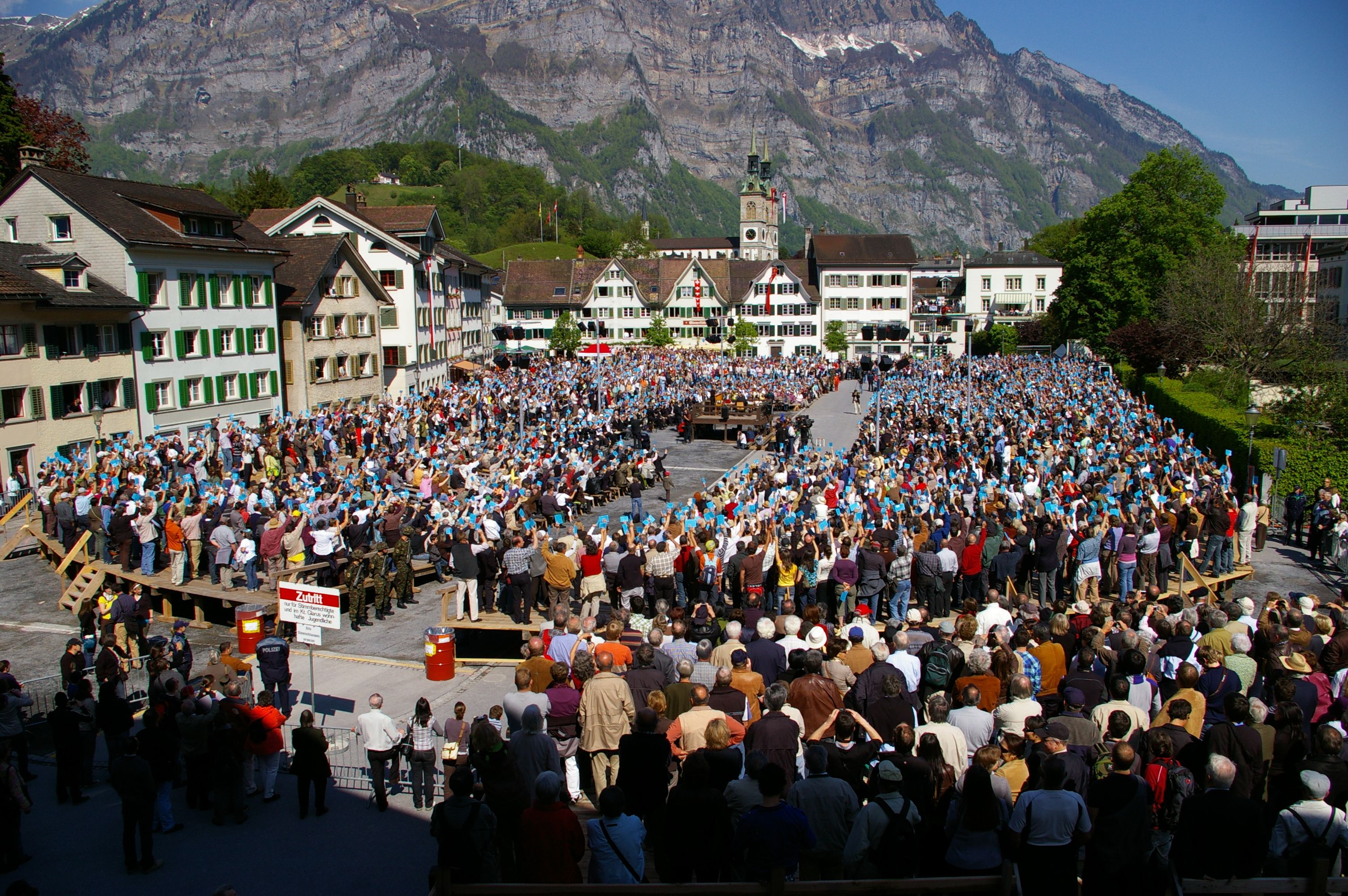Power to the people! That sums up the true meaning of the word democracy. Everyone will agree that this is not currently the case in most Western countries even though our political systems are considered democracies. It seems rather that we live in an oligarchy where power is in the hands of a minority of individuals. Our political system is also not direct, because elected representatives represent us and decide what is best for the people or, as we see with the many recent cases of corruption, for their own interests.
Direct democracy implies that citizens regularly participate in political life and that societal decisions are made in the people interest and not by potentially influenced political elites. This regular participation is probably one of the core obstacles to direct democracy.
Another important aspect of direct democracy is access to complete and unbiased information presenting the views, advantages and disadvantages of both sides of the medal on a specific topic.
Direct Democracy in Switzerland

Switzerland is one of the best examples of direct democracy at the country level. Since 1848, the Swiss constitution has included elements of direct democracy allowing Swiss citizens to propose constitutional changes and mandatory referendums when politicians want to amend the constitution. Today, citizens can also request a referendum to create or amend a law or oppose the creation of a law that they don't like.
Most of the time, the participation rate is above 40% and may increase depending on the topics discussed. Only Swiss citizens can vote on federal and cantonal initiatives. All citizens receive a pamphlet explaining the subjects of the current vote, the opinion of the Federal Council as well as the arguments of those who are for and those who are against each initiative. Voting is also preceeded by advertisements as well as public debates in communities and media. All this allows the citizen to form a relevant opinion and make an informed decision.
Future of Direct Democracy
With the Internet and new technologies, it is increasingly possible to find innovative solutions to facilitate the holding of a true direct democracy. The participation of young adults could be greatly facilitated through technology. Online discussions and exchanges could also motivate more people to fulfill their civic duty. The best arguments could more easily be referenced, promoted and augmented through collective intelligence.
In spite of all these innovations, activist involvement will always be necessary, because after all we are social creatures and for many of us, it is much more convincing to have the topic arguments explained by a passionated and committed person that believes in his ideas.
What are your ideas for implementing and improving a direct democracy?
I will glady read your suggestions in the comment section.
My original article (French) : Ça mange quoi en hiver la démocratie directe?